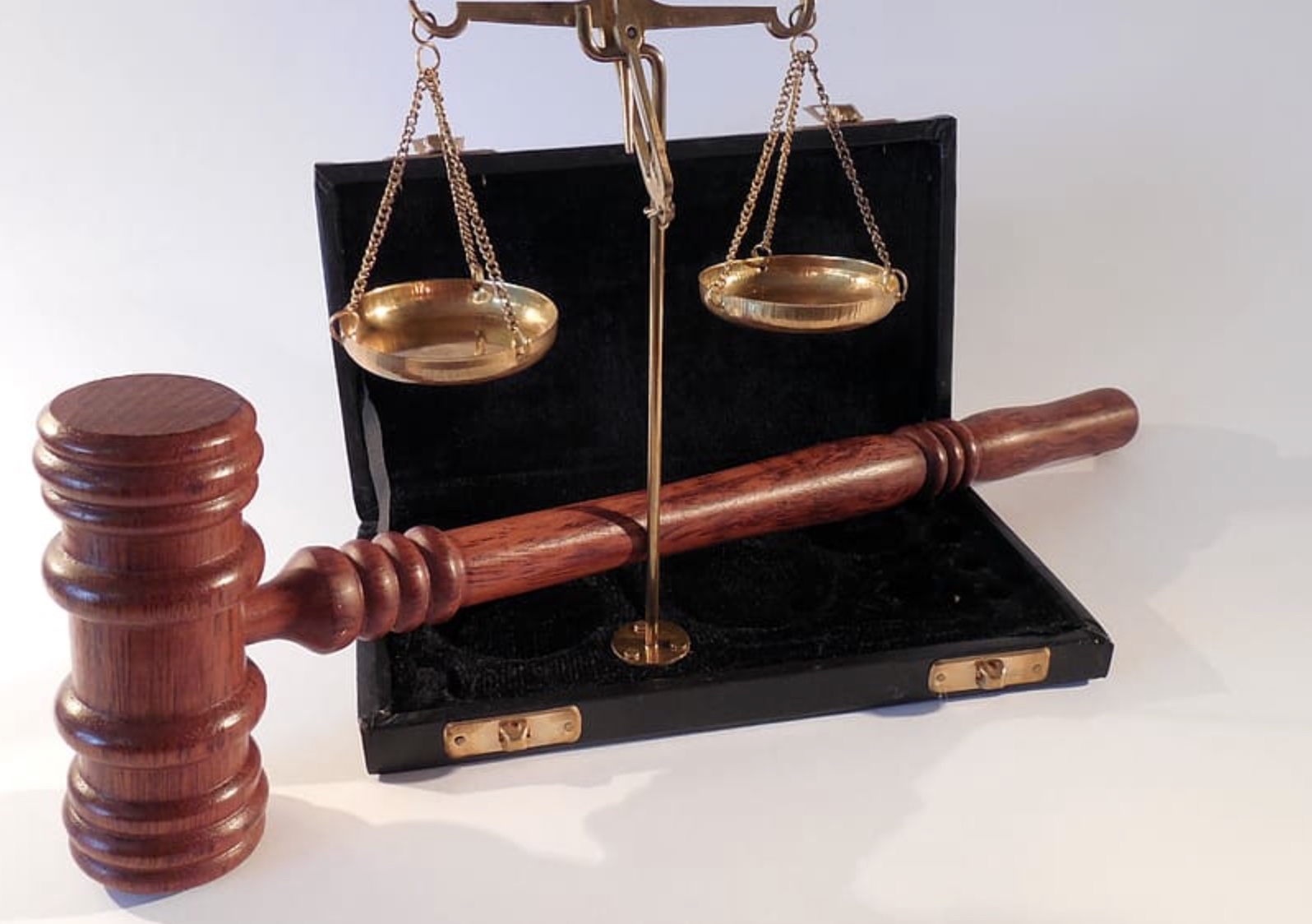Criminal law is one of the most difficult areas of the law to understand. Several complexities must be considered in any criminal case. The prosecution must prove that the defendant is guilty beyond a reasonable doubt, and the defense may raise various objections or challenges to the prosecution’s case. To understand these complexities, it is important to have a basic understanding of the criminal justice system.
If you want to receive full explanations of the law as well as being guided through the process of a trial with as much ease as possible, then you will need to be in contact with the criminal attorneys in Los Angeles, for example. If you are from these parts, then it is good to have a legal firm that is local to you in terms of attending meetings.
To explain in detail the criminal justice system, it is composed of three main components:
Law Enforcement
Law enforcement is responsible for investigating crimes and apprehending suspects. It must comply with the rules of evidence to conduct a proper investigation.
The area of law enforcement is a critical part of our criminal justice system. Police officers and detectives work tirelessly to investigate crimes and apprehend criminals. They put their lives on the line every day to keep our communities safe.
When it comes to legal representation, though, everyone deserves a fair trial. This is where attorneys come into their own and often help clients lessen the impact of what they have done. Not all crimes are meant and can be a spur-of-the-moment mistake. In many cases, this could potentially affect the rest of someone’s life. Much legal support is needed for perpetrators as well as victims.
The Courts
The courts are responsible for adjudicating cases and sentencing offenders. They must follow the rules of procedure and evidence to ensure a fair trial.
The criminal justice system in the United States is based on the principle of due process, which requires that all defendants receive a fair trial. This means that the defendant is allowed to present a defense and challenge the evidence presented by the prosecution. The court must also ensure that the defendant is treated fairly and that his or her rights are protected.
Many complexities arise in criminal cases, and these can make it difficult to determine the guilt or innocence of the defendant. For example, the prosecution may rely on circumstantial evidence to prove its case, but this type of evidence can be open to interpretation. In addition, witnesses may give conflicting testimony, which can make it difficult to determine what happened.
These complications in interpreting the law can make it difficult for juries to reach a verdict in criminal cases. Sometimes, the jury may find the defendant guilty even though there is reasonable doubt about his or her guilt. At other times, the jury may acquit the defendant even though there is overwhelming evidence that they are guilty.
Corrections
Corrections are responsible for supervising offenders who have been sentenced to imprisonment or probation. Here the rules relating to incarceration must be followed to protect the rights of offenders.
The complexities of the criminal justice system can be overwhelming. However, it is important to remember that each component of the system exists to protect the rights of everyone involved. When everything is understood and respected, the criminal justice system can operate effectively and justly.
There is little doubt that the law can be complicated and it is for attorneys to help their clients better understand the system. When they are being accused of a crime, it is important that rights are understood and those complexities are simplified as much as possible so that nothing is misunderstood.
Freedoms are on the line and nobody wants to see justice being served under any cloud of mystery or for there to be too much doubt over what is the right thing to do in any situation.






